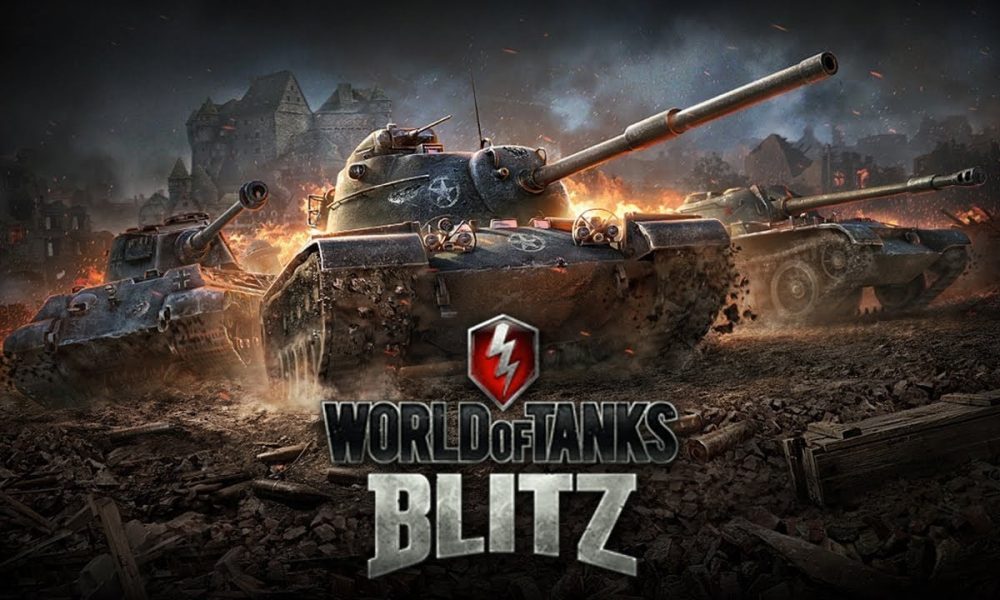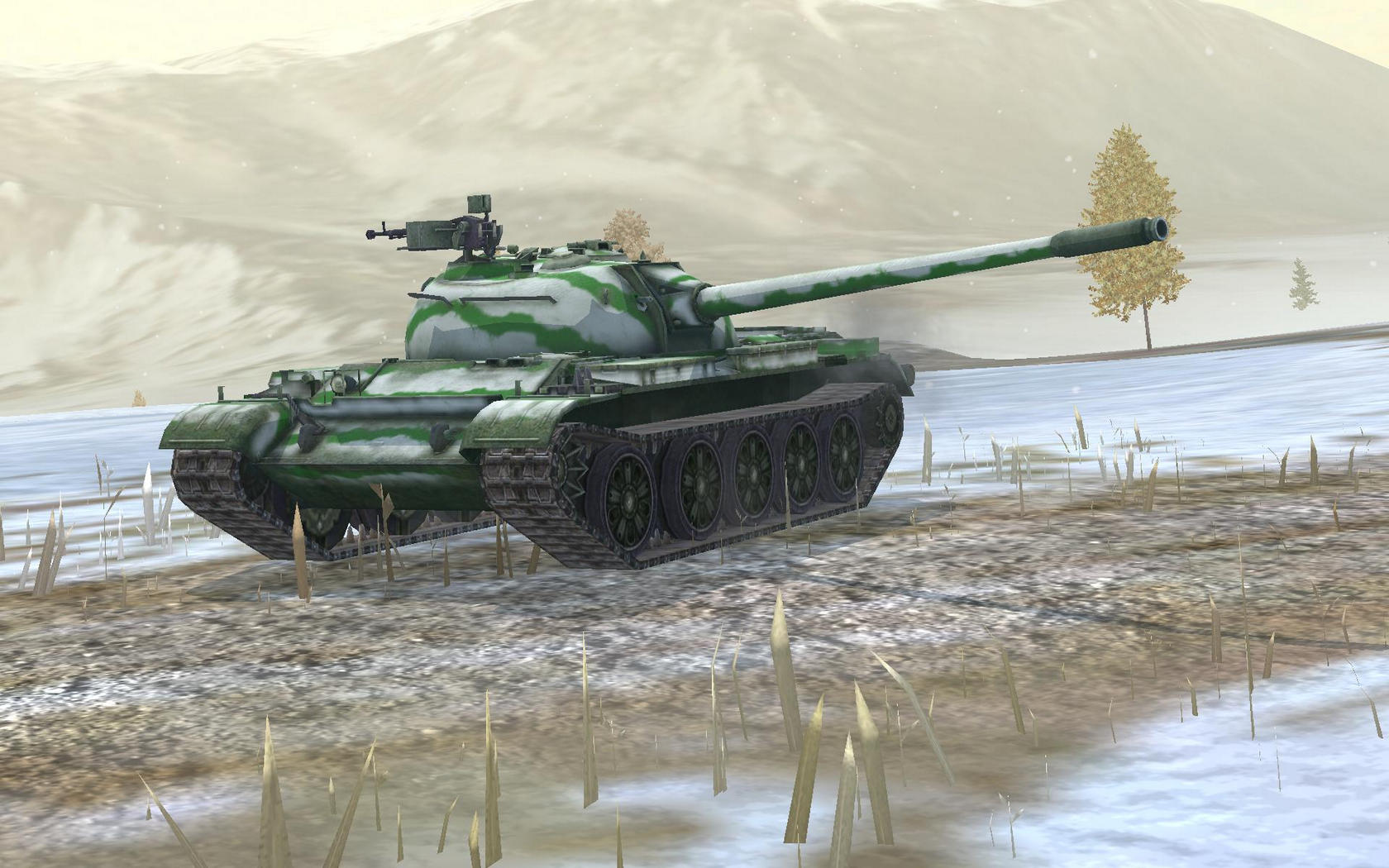

Averell Harriman.Īt the Yalta Conference in February 1945, Stalin agreed to Allied pleas to enter World War II in the Pacific Theater within three months of the end of the war in Europe. British participants included Winston Churchill, Anthony Eden, Field Marshal Sir Alan Brooke, and General Hastings Ismay. The meeting with Stalin on 15 October discussed the Soviet Union’s participation, and Stalin said that the Soviet offensive could need American material assistance because of the limited freight capacity of the Trans-Siberian Railway see Pacific Route. Summary Īt the Tehran Conference in November 1943, Joseph Stalin agreed that the Soviet Union would enter the war against Japan once Germany was defeated.Īn Anglo-American delegation visited Moscow in October 1944 to discuss the Soviet Union joining the war against Japan. The Soviet entry into the war was a significant factor in the Japanese government's decision to surrender unconditionally, as it was made apparent that the Soviet Union was not willing to act as a third party in negotiating an end to hostilities on conditional terms.

The defeat of Japan's Kwantung Army helped bring about the Japanese surrender and the termination of World War II.

The Soviets and Mongolians ended Japanese control of Manchukuo, Mengjiang ( Inner Mongolia), northern Korea, Karafuto (South Sakhalin), and the Chishima Islands (Kuril Islands). The Soviet–Japanese War, known in Mongolia as the Liberation War of 1945, was a military conflict within the Second World War beginning soon after the Soviet declaration of war against Japan on 7 August 1945, followed by the Soviet invasion of the Japanese puppet state of Manchukuo.


 0 kommentar(er)
0 kommentar(er)
